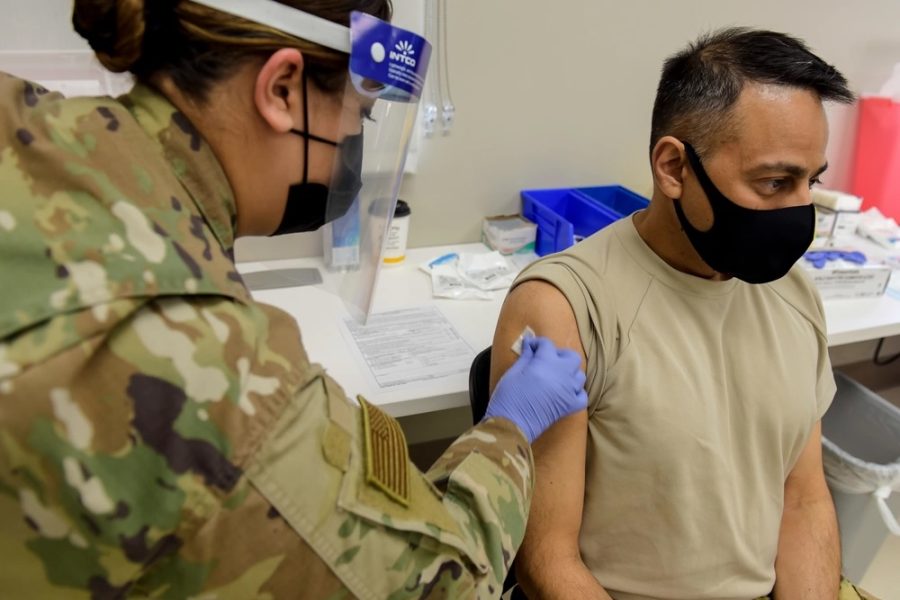A new program at rural Cannon Air Force Base, N.M. brings in medical specialists who can’t be found nearby. Since the “Circuit Rider” program stood up in October, specialists have come in from as far as Alaska to spare Airmen and their families long trips off-base for consultations and treatments.
“We recognize the strain that traveling over 100 miles for many medical specialties can cause on Airmen and their families,” Col. Jeremy Bergin, commander of the Cannon-based 27th Special Operations Wing, said in a statement to Air & Space Forces Magazine.
The idea for Circuit Rider grew out of a medical support summit held at Cannon in September meant to identify barriers to health care at the 27th SOW. Lack of access to specialty care is a challenge for both military and civilian families in the area.
“We don’t have enough doctors anywhere in New Mexico, but especially in rural New Mexico,” one doctor told New Mexico in Depth in October.
Specifically, the summit found shortfalls in specialties such as behavioral health, applied behavior analysis, neurology, and endocrinology. The summit also found that families at Cannon travel an average of 147 miles for consultations and treatment. Increased access to virtual appointments is one way to help shorten the distance, and another is the Circuit Rider program.
Circuit Rider programs are not unique to the Air Force, but the Cannon version comes during a time when medical staffing shortages are widespread across the Military Health System. The Cannon circuit rider providers come from military treatment facilities with enough capacity to support the program, said Capt. Jaclyn Pienkowski, Cannon’s chief of public affairs.
Staff shortages were a common complaint among members of the 27th Special Operations Medical Group who responded to a 2022 Defense Organizational Climate Survey. Pienkowski said the group worked with the Air Force and the Defense Health Agency to improve Active-Duty manning and bring civilian positions up to 95 percent.
“The 27th SOMDG continues to review staffing to ensure solutions are in place, or pending, to support the mission,” she said.
All circuit rider providers are military personnel, who do not have the same state licensure restrictions that civilian providers often have, though they require an unrestricted active state medical license to practice, Pienkowski said.
The 27th Special Operations Medical Group uses its travel funds to bring in specialists from further afield. The Defense Health Agency also pitches in to help the effort. A visiting developmental pediatrician saw 12 patients in October, followed by a child psychiatrist in December—both providers plan to return in February, according to a press release. Current offerings include psychiatric care for children and adolescents, developmental pediatrics, and endocrinology, while dermatology, neurology, and audiology could be on the docket for later. Visits are scheduled based on patient needs.
Though other rural Air Force bases already have similar programs, Cannon is working with Kirtland Air Force Base, N.M., to share travel costs when they both need circuit rider specialists.
“We will continue to pursue these efforts and highlight new programs as they come online,” Bergin said in his statement. “We are incredibly thankful for our partnerships within the state of New Mexico and Defense Health Agency as we work to improve the quality of lives for the Air Commandos and their families at Cannon AFB to ensure we are ready to respond whenever the nation calls.”
